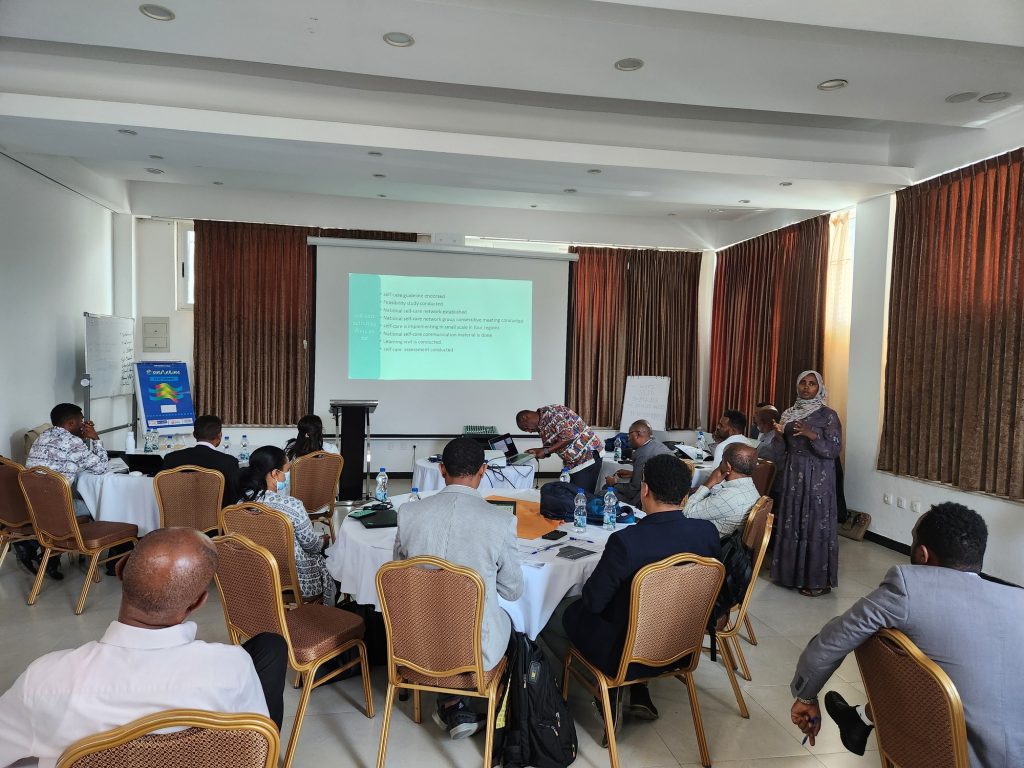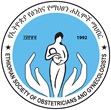
Self-care is defined as the ability of individuals, families, and communities to promote health, prevent disease, maintain health, and cope with illness and disability, with or without the support of a healthcare provider. The new guidelines, endorsed by the Ministry of Health, provide a comprehensive framework for implementing self-care interventions in Ethiopia. They emphasize the importance of integrating self-care into the existing health system rather than replacing direct healthcare provider interactions.
The scope of self-care encompasses a broad range of activities, including health promotion, disease prevention and control, self-medication, care for dependent persons, and seeking necessary hospital or specialist care. Key areas of focus include maternal health, family planning, adolescent and youth health, neonatal and child health, immunization services, and nutritional interventions. Each of these areas is addressed through tailored self-care practices designed to empower individuals and communities.
The rationale for promoting self-care is clear: health systems worldwide are strained by the increasing demand for responses to public health emergencies, affecting access to essential health services. By 2030, a global shortage of 18 million health workers is anticipated, and currently, 400 million people lack access to the most basic health services. In Ethiopia, self-care is seen as a critical strategy to mitigate these challenges and ensure that health services reach all segments of the population, particularly in humanitarian and crisis-affected settings.
To implement these self-care interventions, the guidelines outline several key considerations, including gender dimensions, health system tier structures, capacity building for healthcare providers, and ensuring access to necessary medical supplies and products. Social and behavior change communication (SBCC) is highlighted as an essential component of promoting self-care practices within communities.
Specific self-care interventions are detailed for various health domains. For example, in maternal health, non-pharmacological methods for labor pain management, postnatal care practices such as early ambulation and wound care, and measures to address common physiological symptoms during pregnancy are included. Family planning interventions promote the use of over-the-counter contraceptives, self-administration of injectable contraceptives, and pregnancy self-testing. Adolescent and youth health interventions focus on providing SRH information through digital technologies and community awareness programs.
The guidelines also address neonatal and child health, emphasizing the promotion of positive mental health for mothers and caregivers, education on managing common childhood illnesses, and interventions to prevent neonatal and childhood emergencies. Immunization services are enhanced through education on vaccine-preventable diseases and self-detection of adverse events following immunization. Nutritional interventions include education on healthy eating, prevention and treatment of maternal malnutrition, and breastfeeding support.
Implementation of the self-care guidelines involves a multi-faceted approach, leveraging health education, digital technologies, community conversations, and continuous supply of necessary commodities. Monitoring and evaluation will be conducted at regional and national levels, with specific indicators for each self-care intervention to assess their impact and effectiveness.
ESOG, in collaboration with the Ministry of Health and other stakeholders, will play a pivotal role in promoting and supporting these self-care initiatives. By empowering individuals and communities with the knowledge and tools to manage their health, we aim to reduce the burden on the healthcare system and improve health outcomes across Ethiopia. This initiative represents a significant step towards achieving universal health coverage and enhancing the well-being of all Ethiopians.
